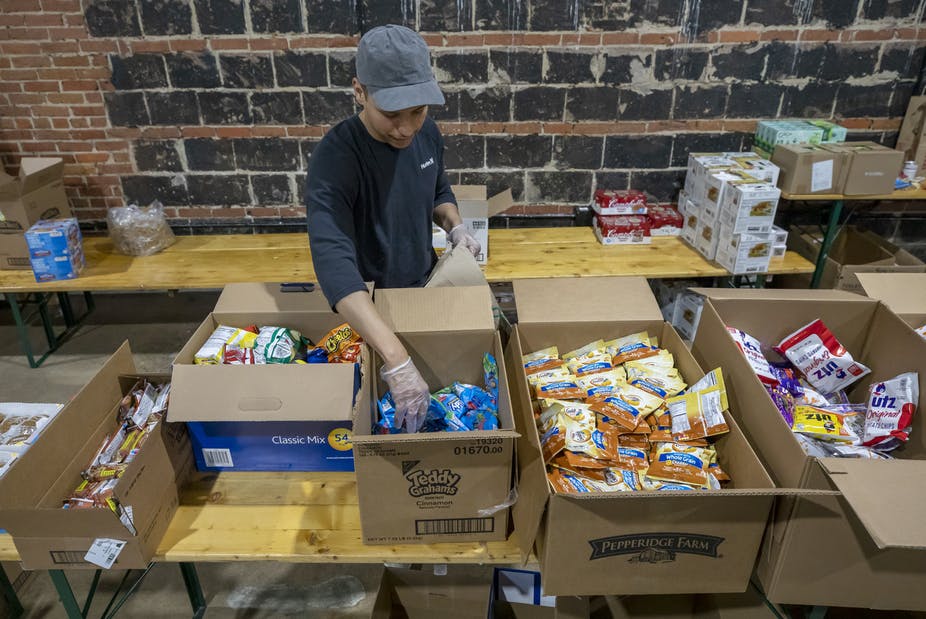Empty supermarket shelves and panicked government briefings have become the defining images of the coronavirus crisis. But the community response, however, may well be a more enduring feature. The virus and the enforcement of social isolation have sparked uncertainty and anxiety. But a range of local volunteer-run mutual aid networks have also emerged.
Many of the people involved in these groups know that the term “mutual aid” was made famous by the 19th-century anarchist Peter Kropotkin. He used it to attack Social Darwinists who described nature as a competitive fight between self-interested individuals. “Survival of the fittest” became their catch phrase and was used to describe antagonistic relationships between people, races and states. This way of thinking normalised aggression as a natural response to scarcity.
In the present context, the implication is that scrapping for the last bottle of hand sanitiser or roll of toilet paper is a programmed, inevitable response. If only the strongest survive, then others should be seen as rivals or even enemies and we are right to take all necessary measures to preserve ourselves against them.


